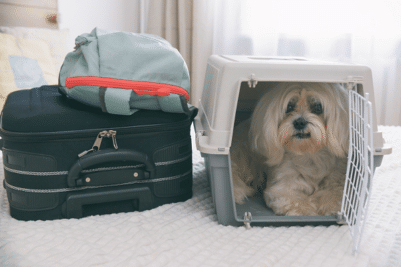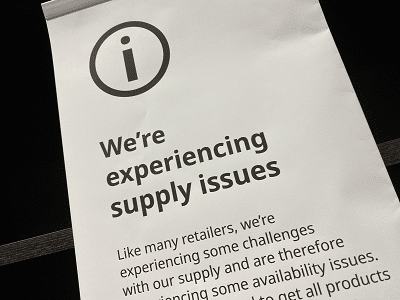It could be a matter of life or death.
April is National Pet First Aid Awareness Month. A course in pet first aid could save your furry family friend.
As with humans, first aid knowledge can help save a pet’s life, reduce the potential for increased injury and promote fast recovery.
First aid for pets might not be top of mind for some pet parents, but it is important to know that your pets are surrounded by hazards every day. These can potentially result in fatal accidents or life-threatening situations.
From helping pet owners recognize intestinal blockages, which can be life threatening, to bandaging a dog’s ear after it has been scratched by a cat, knowledge of pet first aid can help.
There are a variety of pet first aid courses available, suitable for both dog and cat pet owners and pet industry professionals.
Pet first aid courses can cover a wide variety of topics including, prevention and treatment of illness and injury, information on how to keep pets healthy, internal and external bleeding, choking, seizures, fractures and sprains, poisons, allergic reactions, heat and cold injuries, artificial respiration, and CPR.
Knowledge of pet first aid is not a replacement for veterinary care, but it can help pet owners handle emergency situations by recognizing problems early and to act on them quickly.
Pet First Aid Month promotes strong awareness on educating pet owners about pet first aid. Being equipped, even with just the basics, can help any pet owner identify signs of health issues in their cats or dogs.
Here are some basic pet first aid tips for pet owners:
Have emergency contact numbers handy. This includes contact numbers to your veterinarian and animal poison control in your area. This will help for a quicker response in case of an emergency.
Prevention is the best medicine. Accidents happen, but as a pet owner there are things you can do to minimize hazards and dangers. Keep plants, household cleaning products, and foods that are potentially toxic, such as chocolate, out of reach from your pets.
Take a Pet First Aid course. You can learn about the availability of pet first aid courses in your area from a number of sources, including your veterinarian, pet shops, and local Humane Societies.
Make a ‘pet first aid kit’. Some useful items to include are, bandages, scissors, a digital thermometer, compresses, gauze pads, sterile saline wash, disposable gloves, cotton ball and swabs, ice pack, tweezers, and adhesive tape.
Here are some things you can do to help keep your pet safe in case of an emergency:
- Call emergency numbers.
- Secure the accident area and remove any physical hazards such as harmful substances, or glass splinters.
- Compress any bleeding areas.
- Check for vital signs (pulse rate, breathing, etc.).
- If your pet is showing breathing issues, start CPR.
- Check for broken bones before moving your pet.
- Take your pet to your veterinarian as soon as possible.
- And remember to stay calm at all times. Your pet depends on you.
LifeLearn News
Note: This article, written by LifeLearn Animal Health (LifeLearn Inc.) is licensed to this practice for the personal use of our clients. Any copying, printing or further distribution is prohibited without the express written permission of Lifelearn. Please note that the news information presented here is NOT a substitute for a proper consultation and/or clinical examination of your pet by a veterinarian.










